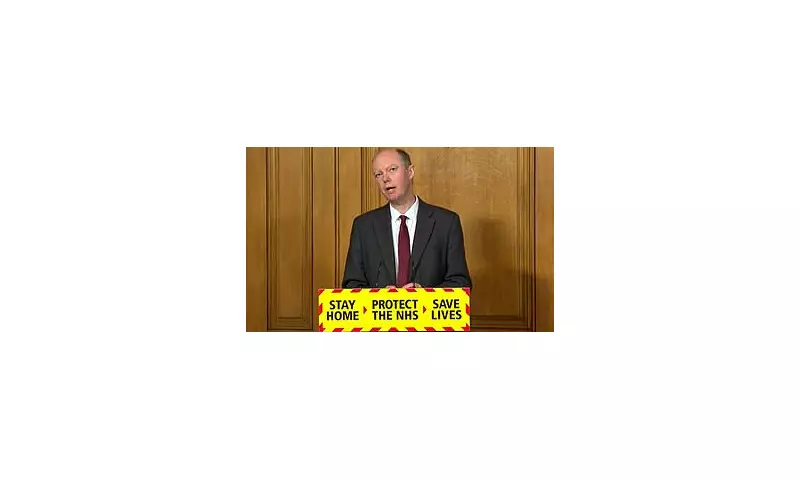
Freshly uncovered documents have exposed the startling truth behind England's controversial COVID-19 lockdown rules, revealing that scientists had significant doubts about restricting outdoor activities even as the government implemented some of Europe's strictest measures.
The Great Outdoors Debate
According to explosive evidence presented to the UK COVID-19 Inquiry, government scientific advisors repeatedly questioned the effectiveness of outdoor restrictions during the pandemic's darkest days. Despite overwhelming evidence showing minimal transmission risk in open-air settings, England implemented rules that prevented millions from enjoying parks, beaches, and outdoor gatherings.
Scientific Doubts Emerge
Professor Dame Angela McLean, now the Government's Chief Scientific Adviser, testified that the evidence for outdoor transmission was "very, very low" and primarily occurred in crowded, confined spaces. Yet between March and May 2020, police forces across England were instructed to enforce rules that limited outdoor exercise to just once per day.
International Comparisons Reveal Stark Contrasts
While England imposed strict outdoor limitations, other European nations took a markedly different approach. Spain and Italy, despite facing devastating early outbreaks, maintained more lenient outdoor policies, allowing citizens greater freedom to exercise and socialise outside.
The Human Cost
The restrictions had profound consequences on public wellbeing, with mental health charities reporting soaring rates of depression and anxiety linked to prolonged confinement. Families were prevented from meeting outdoors, and outdoor sports facilities remained shuttered for months despite minimal transmission evidence.
Policy Reckoning
As the COVID-19 Inquiry continues to examine the government's decision-making process, questions are mounting about whether the stringent outdoor restrictions were scientifically justified or represented an overreach that caused unnecessary harm to public health and civil liberties.
The revelations come as Britain continues to grapple with the long-term consequences of pandemic policies, with many questioning whether the balance between public health protection and personal freedoms was properly struck during the crisis.





